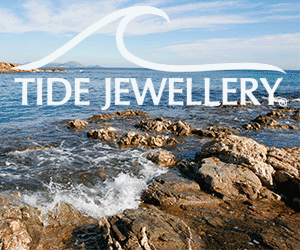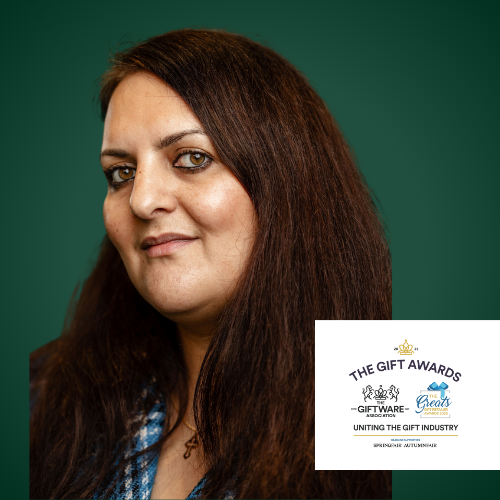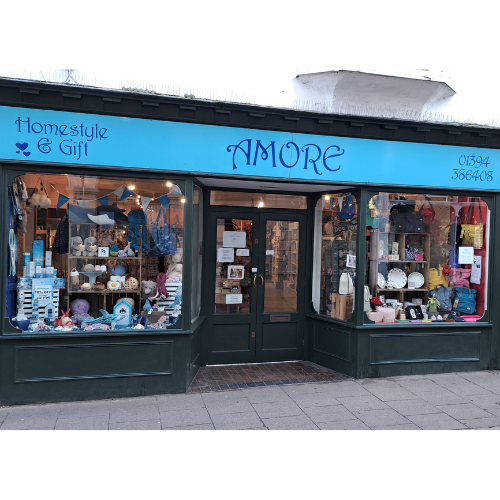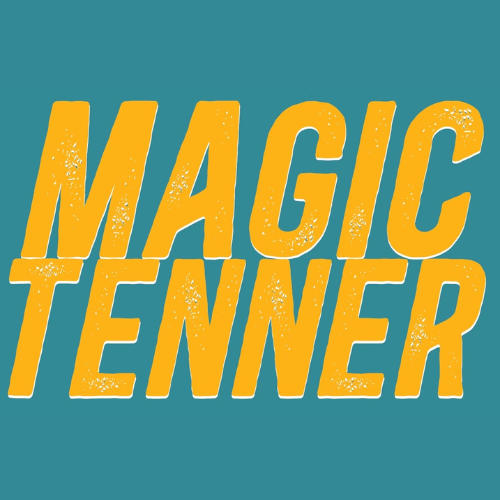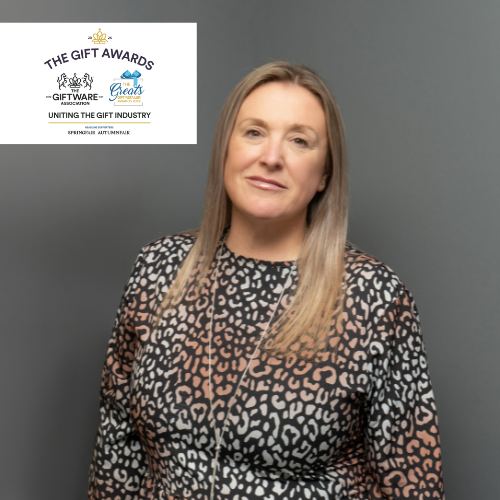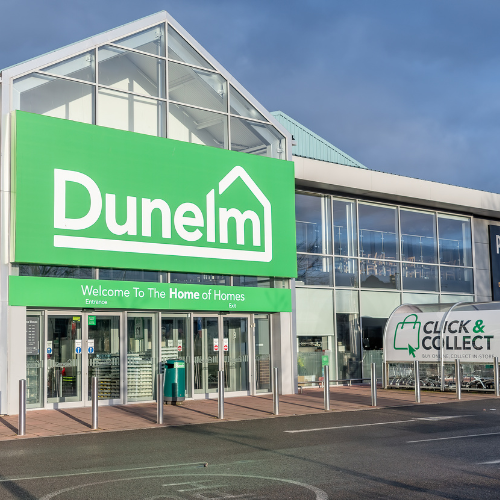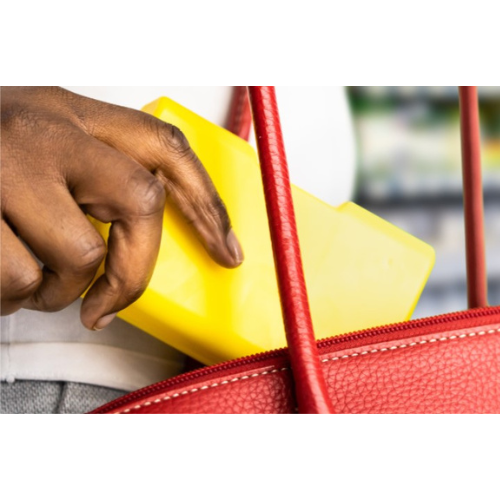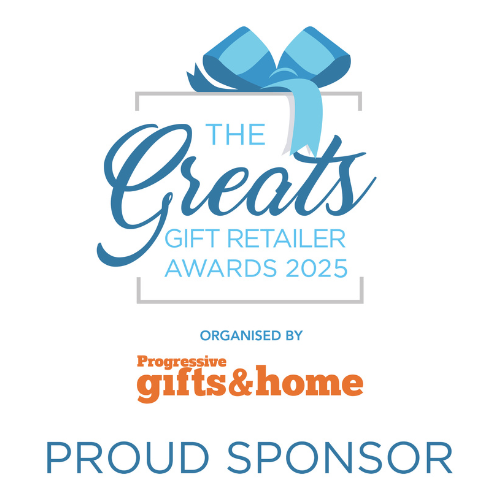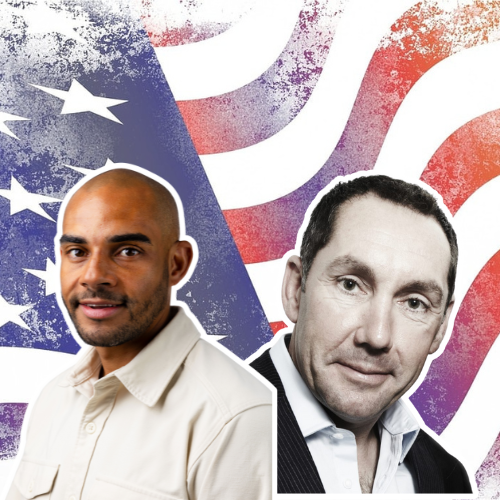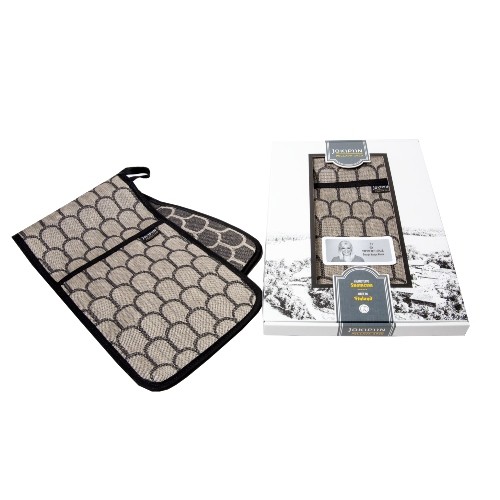Reflecting on 25 years of Brand Licensing Europe, (BLE), Start Licensing’s Ian Downes highlights that among the key changes in the sector is the level of competition in the marketplace, along with the growing success of heritage brands; companies holding multiple positions, and licensing now embracing fandom.
“The licensing trade show, Brand License Europe (BLE), recently celebrated its 25th anniversary, with the latest iteration of the show taking place at London’s ExCel in September. It was a cause for celebration – the show has gone from strength to strength over the years and is now a cornerstone of the industry. One of its greatest strengths is its ability to bring together an industry which can sometimes be a very disparate. Licensing encompasses a contrasting range of rights, retailers and industry sectors and BLE succeeds in creating a focal point and a forum for the industry.
On a personal note, I was pleased to join other 25 year BLE veterans in a celebratory drink and photo call on the first day of the show, thoughtfully organised by the BLE team. Naturally, the conversation turned to memories of past BLEs and changes in the industry. It’s difficult to capture all the stories and the thoughts on industry changes, but it did give cause for reflection on how the industry has matured. I think it is fair to say that licensing is on more companies radars these days, with higher levels of engagement across industry sectors.
One key change is the licensing industry is the level of competition in the marketplace. Twenty five years ago, there were fewer exhibitors marketing their rights. The licensing rights available tended to come from a narrower pool most often dominated by entertainment brands. These days there is a real mix of brandsin the marketplace. On the one hand it could be argued that an increase in choice makes the job of licensees and retailers harder. Which sweet do they choose from the licensing sweet shop? However, my thoughts are that the broader availability of rights has helped improve the overall effectiveness of licensing. It has become easier to pick and use a set of rights that match the market you want to reach. For example, a brand like the RHS is a natural fit for companies seeking to reach consumers interested in gardening or retailers operating in that space. The recent announcement of a new deal with The Somerset Toiletry Company for the RHS reinforces that point.
Likewise, the growing success of heritage brands such as The Ashmolean Museum has opened up licensing to manufacturers such as Atlantic Mats and Team Tea. They have been able to design product ranges that fit well into their portfolios and add a new dynamic to their offer. Furthermore, as ‘younger’ companies, they have been able to add marketing heft in the early stages of their business development by working collaboratively with the Ashmolean.
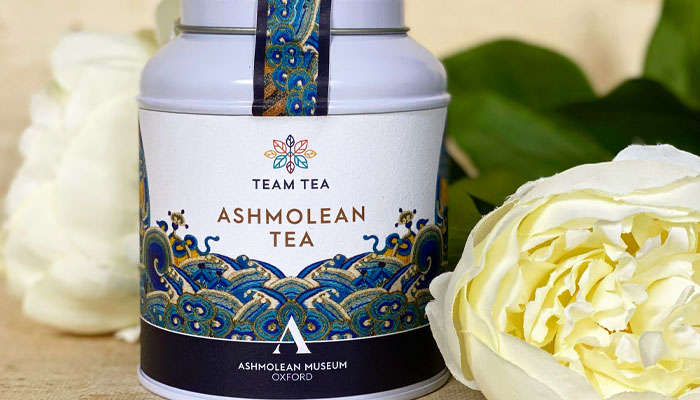
Another change has been the fact that it is possible for companies to hold multiple positions in the licensing market; business lines are more fluid. A great example of this is gift company PMS. They were my stand neighbours at BLE, showcasing their brand Elves Behavin’ Badly. They have used their sourcing skills, product knowledge and distribution to build a brand that is now at a stage where it has attracted interest from licensees. At the same time PMS still buy into other licensed brands to develop gift ranges under licensee. They are now both a successful licensee and licensor.
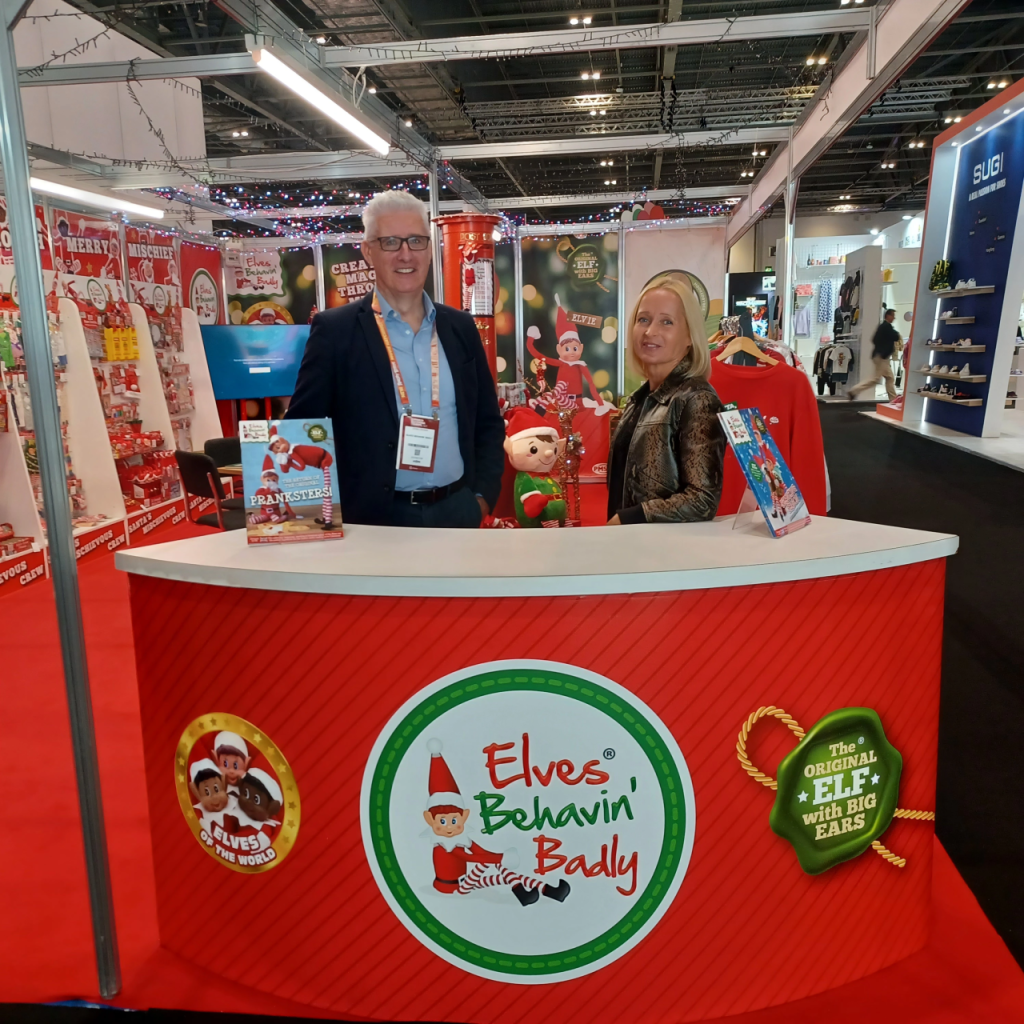
It has also been interesting to see how licensing is now embracing fandom with real gusto. Twenty five years ago I worked on a number of franchises that had significant fan audiences but were ‘underground’. They could be tough sells to the mainstream market. Today, through the efforts of companies like Funko on the licensee side, coupled with those made by retailers such as HMV, Forbidden Planet and Menkind, fan driven licensing campaigns are well established. No longer underground, they are very much in demand. This is a great example of how licensing has helped grow and shape a category.
A final thought on industry changes is that the quality of product design and development has risen significantly. We have generally moved on from licensees sourcing products off the shelf from factories and ‘label slapping’ design. Gift licensees like Half Moon Bay, card companies such as Danilo and stationery suppliers like Blueprint Collections, have invested in bespoke product development. A great example of this in practice is Half Moon Bay’s Feathers water bottle. Feathers, who is part of the Wallace & Gromit character universe, is a very distinctive character. Half Moon Bay have embraced this with a range of 3D products including their fast selling Feathers water bottle. Their investment in bespoke product has been well rewarded in sales terms. This development is also a recognition of the fact that consumers want to buy products that truly represent the brands of which they are fans. Licensed products are now a core part of the fan experience.
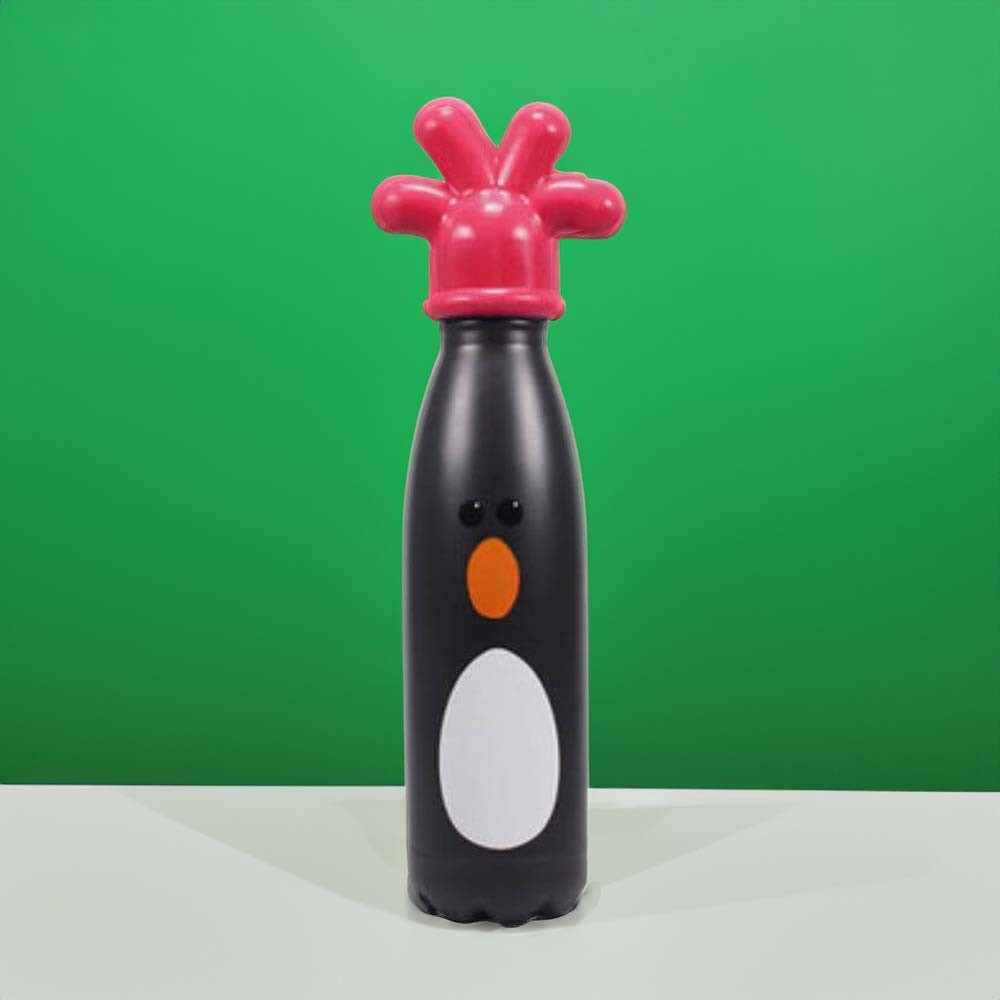
So BLE 2024 was definitely a cause for celebration and also a moment for the industry to pat itself on the back – we have come a long way. But, of course, it isn’t a time for complacency – it is a time to build on the added value licensing can deliver and to emphasise how licensing can help businesses to thrive. I look forward to BLE 2049 and reporting back on how licensing has evolved further still.”
Ian Downes, Start Licensing
07776 228454 | twitter.com/StartLicensing
Top: Ian Downes runs Start Licensing, an independent brand licensing agency.







